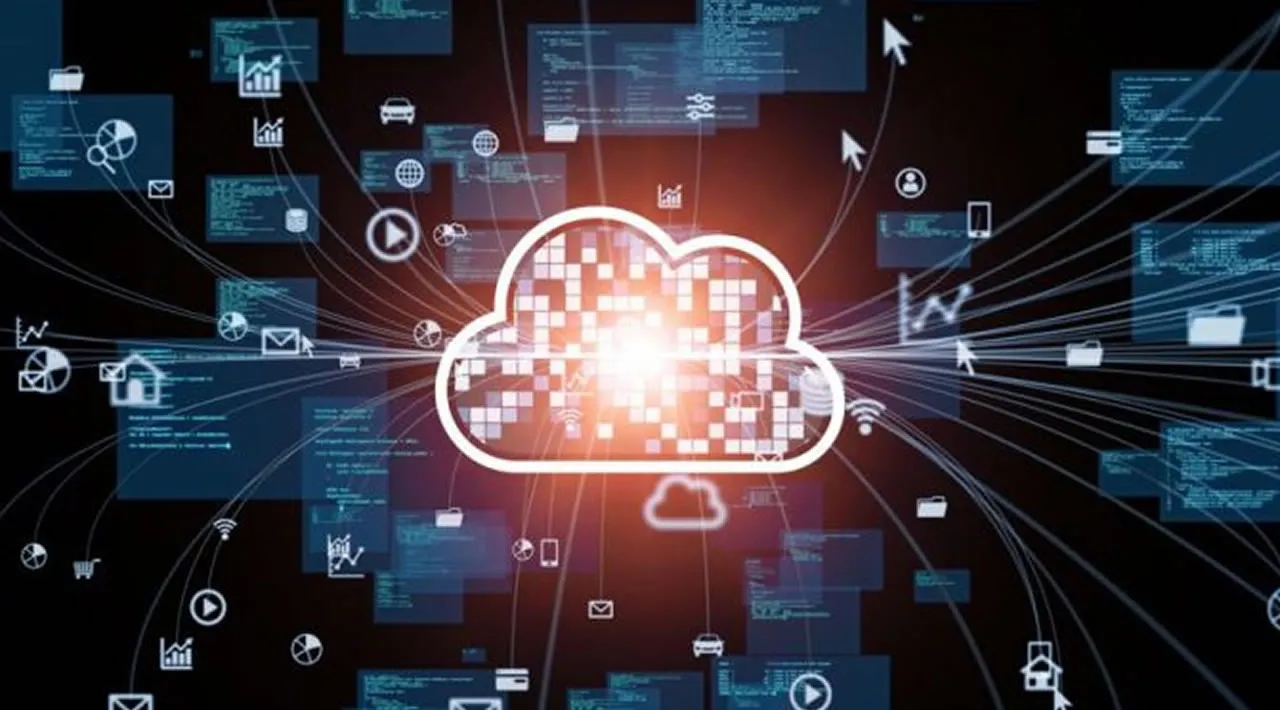Most large enterprises understand the value of the cloud. But of course, there are major challenges in making the transition because of the costs and risks of ripping out legacy systems. This is why the hybrid cloud is becoming important.
“There is a classic definition of hybrid cloud, and a few that are market evolved,” said David Linthicum, who is the Chief Cloud Strategy Officer at Deloitte Consulting LLP. “The classic definition, as defined by the National Institute of Standards and Technology, is a paired private (exists on premises) and public cloud. An organization is able to run applications on either the private or public side, or in some cases even run a single application on both private and public clouds. The market evolved definition of hybrid cloud, on the other hand, is a bit more loosely defined. Those hybrid clouds, while still leveraging a public cloud, are different types of systems that exist on premises, such as mainframes, traditional servers, etc. They function like a hybrid cloud in that they can leverage either the on-premises systems, the public cloud systems, or both in support of application and database processing. This often goes by other names, such as hybrid IT. I call it pragmatic hybrid clouds.”
#big data & cloud #cloud strategy #hybrid cloud #cloud
